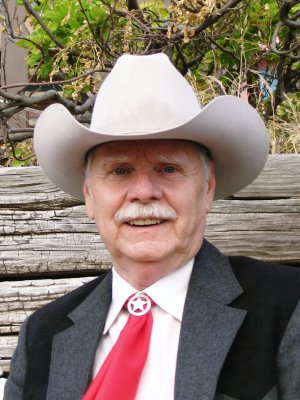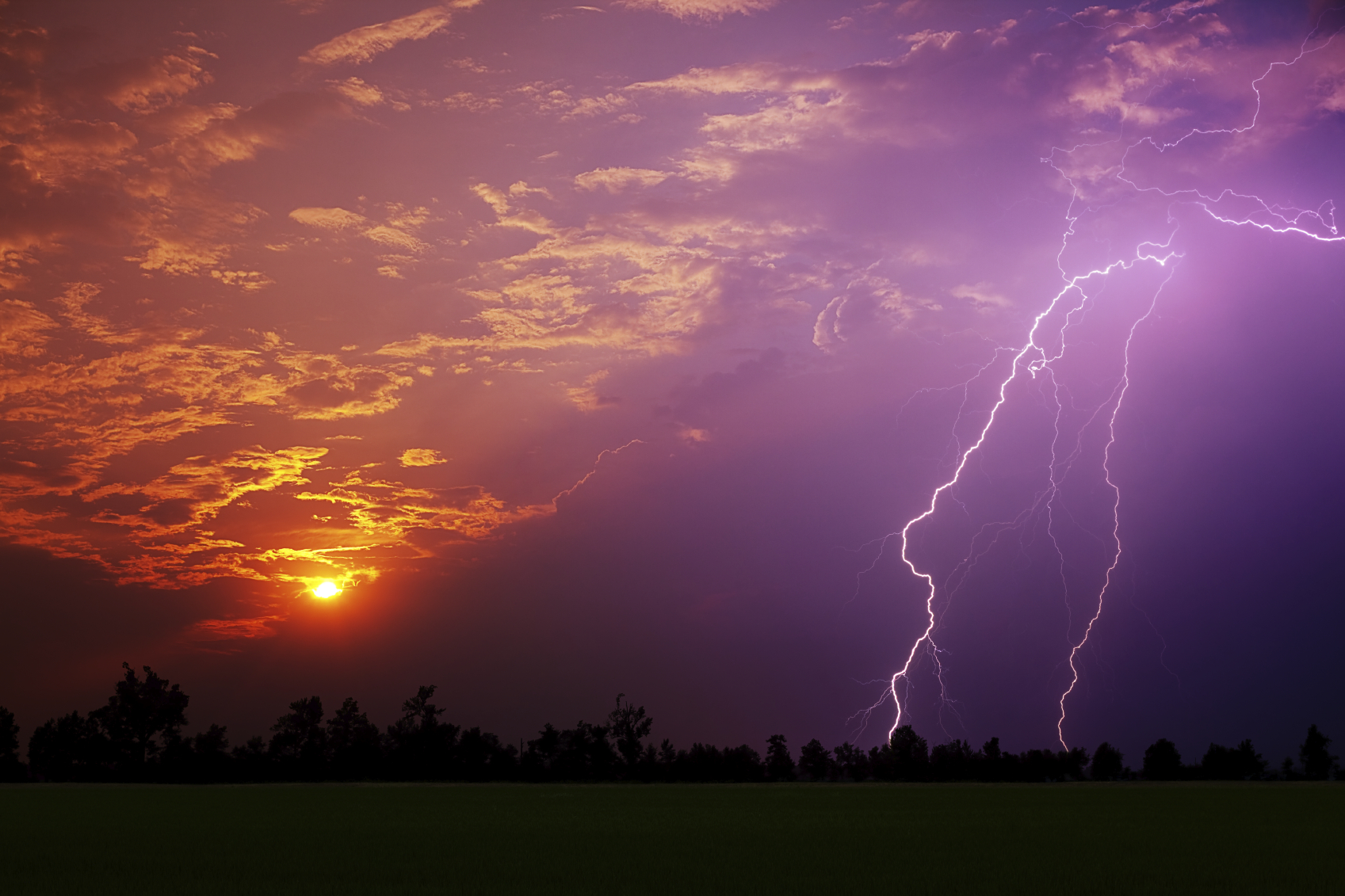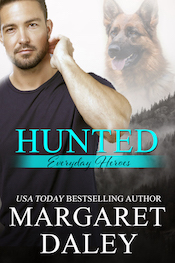
If you want to be entered in a drawing for Terry Burn’s Beyond the Smoke, please a comment with your email address or email me at margaretdaley@gmail.com. The drawing ends on Sunday evening.
Terry Burns’ interview:
1.What made you start writing?
I don’t know, I’ve written things as long as I can remember. I first published in Jr. High in a statewide student poetry anthology. Then in school newspapers. I went into chamber of commerce work and was constantly writing, but business consumed it all. During this time I had a syndicated newspaper column and wrote several chamber related books, as well as a lot of articles and papers.
2.How long have you been writing? When did you sell your first book?
As I said, I’ve been writing most of my life. I sold my first book almost 40 years ago but I’ve only been writing fiction for about 20 years. I published my first fiction about ten years ago and became a literary agent around three years ago.
3.How do you handle rejections?
I don’t get rejections. A rejection is personal and most of the responses I get are not about me, but about the work. I know even a really good project has to be shopped around a number of places to find the right fit for it. That means a number of places will tell me the fit isn’t right for them. That isn’t a rejection, that’s simply a negative market report. It’s like the bit at the end of the old “Laugh In” TV show. At the end of the show they’d open a window and say a line and someone down the way would open another window and answer them. That’s the publishing industry. Our job is to get a manuscript or proposal into that window while it is open or go on to find the next open window.
4.Why do you write?
It’s who I am. I’m a 5th generation Irish storyteller and a 4th generation Texas teller of tall tales. I have to tell stories and writing is just my preferred method of delivering them.
5.What would you be doing with your free time if you weren’t writing?
Traveling for pleasure. I travel all of the time now as I work a couple of writing conferences or workshops a month all over the country. But that’s work and often Saundra doesn’t go with me on them. Traveling for fun would be much different.
6.What are you working on right now?
Finishing up a ghostwriting gig – YA fiction. I spend most of my time in my capacity as a literary agent representing my clients.
7.Do you put yourself into your books/characters?
I don’t believe we can help it even if we don’t want to do it. Our characters take on much different lives and even know things and do things we don’t know and don’t or can’t do, but they still have to very much come out of our own lives and experiences. In the ghostwriting job I just finished since I won’t have my name on the book I wrote myself in as a boy as one of the characters.
8.Tell us about the book you have out right now.
Young people today do not realize there was no such thing as a teenager before WWII. There was no protected time in which to grow up and mature. Young people went straight from whatever education they were going to get to working on the farm or in the family store. Out on the frontier in particular they were riding on cattle drives and soldiers in the cavalry. Young ladies were wives and mothers as early as fifteen. I wanted to do a book that would give young adults a glimpse of what their life might have been like if they had lived in those days because I don’t believe they have any idea about it. “Beyond the Smoke” is a picture of two such young people and why they went through trying to grow up out on the frontier.
9.Do you have any advice for other writers?
Writers today don’t seem to have the patience to pay their dues. They write a book and if they don’t immediately get published they self publish or give up and quit instead of starting work on the next book while they start knocking on the necessary number of doors and perfecting their craft necessary to be significantly published. It took me six years to get significantly published and I’m glad. By the time I did my writing had improved immeasurably. I’d be ashamed to have that first book out now even though I thought it was a bestseller at the time. I did a survey several years back of over 600 multi-published writers and found the average time to get that first book published was six years, same as my experience. My advice if a writer wants a career and is not just anxious to have a book out at all costs is to have the patience to do it right. Not that I have anything against self-publishing or POD, I have a couple myself, but they seldom lead to a writing career.
10.How important is faith in your books?
Very important. I went to the Christian writing conference to determine what I wanted to do with faith in my writing and the full testimony about it is at my website at www.terryburns.net – I would write books without it, we need good clean literature as well whether it has overt faith content or not, but most of mine has some whether a little or a lot.
11.What themes do you like to write about?
I love the old west. I grew up on Saturday matinees and Gunsmoke and Bonanza on TV. I like to write it and I like to read it. A western is a morality play set on horseback. My books are really not westerns per se, but inspirationals set in that time period. I do enjoy writing in other historical time periods, but that’s my favorite.
12.What is your favorite book you’ve written and why?
“Mysterious Ways,” the first book in the Mysterious Ways series. That book turned out to have a ministry I didn’t know was there. I started getting letters and emails from convicts who identified with the main character and said if he could change his ways maybe they could as well. I didn’t write that into the book and had no idea it was there so I know who put it there. A close second would be “To Keep a Promise,” which is my mother’s favorite book and is coming back out next year with another 30,000 words as “A Promise Kept” from Mountainview Press.
13.What is your writing schedule like?
As I say, my duties as an agent take precedence unless I’m up against a deadline but I still like to try and work in a couple of hours a day. Between the two I work eight to ten hour days six days a week most of the time. When I’m “in the flow” with a story I give it whatever time is necessary. I’m very lucky to have a wife that supports me in this and helps me to have the necessary time. Instead of being a “golf widow” I fear she is often a “writing widow.” I couldn’t do it without her.



